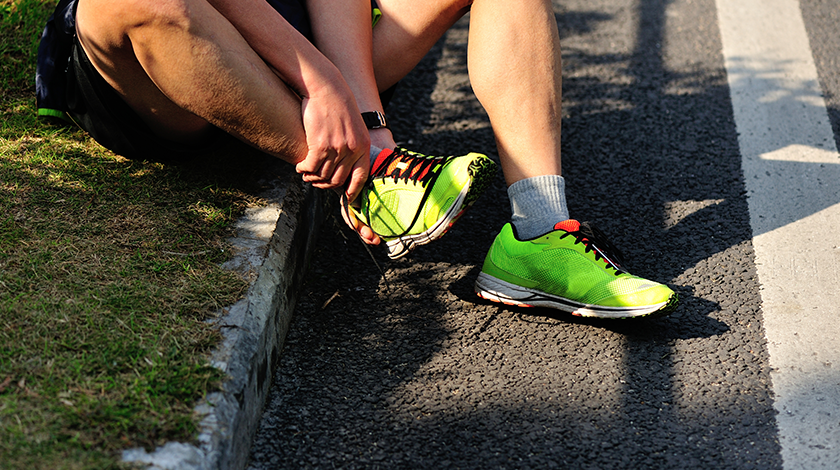Whenever you engage in physical activity, there is always a chance that you might injure yourself. If you’re into an active lifestyle for the long haul, you need to take precautions to reduce your risk of injury.
Warming up
Look, we get it. We’re all busy professionals, and carving an hour out of our schedules to work out is hard enough without having to add a 15-minute warm up session to the mix. But before you undertake any physical activity, regardless of intensity, a proper warm-up is essential to avoid muscle and joint injuries. A good warm up should elevate your heart rate and get blood flowing through your muscles. Here are some great ways to warm up.
- Brisk walking.
- Stretches. Remember to stretch your neck and your calves — two injury-prone areas that are often neglected by athletes.
- Cycling. By cycling to the gym, you can get some extra cardio while also warming up for your workout.
Rest days
For optimum results, you should undertake 30 minutes of moderate exercise at least five times a week. You can, of course, engage in a higher volume or intensity of physical activity if you wish, but in doing so, be mindful of the dangers of overtraining. Your body needs time to recover from grueling exercise, so try to plan at least 2 rest days per week.
If you’re having trouble thinking of activities to occupy yourself with on your rest days, remember that the more often you exercise, the more sleep and food your body needs to repair itself. So there’s no shame in being a couch potato on your rest day.
Eat right
Proper nutrition is an essential component of injury-free sport. If you exercise frequently, here are some foods you should add to your diet to improve recovery time and performance, and reduce injury risk.
- Bananas are rich in potassium, which has been linked to muscle recovery. They’re also rich in carbohydrates and are thus perfect for an energy boost.
- Red meat is full of creatine, which improves muscle endurance and strength. It’s perfect for improving your bench press or bicep curl. Of course, red meat should be consumed in moderation given its links to heart disease, but a little steak won’t hurt for exercise lovers.
- Nuts are rich in energy and vitamins which aid muscle repair.
Proper technique
We all know that one friend with a slipped disc from a poorly executed golf swing, tennis elbow or a torn knee ligament from football. Proper technique is essential to injury prevention in sports. Try to hire a good coach when you’re starting out with a new sport, so that you can start off on the right foot with perfect technique. Correcting poor technique once it has become a habit can be extremely difficult.
Be proactive and take care of your body — it’s the only one you’ve got — and follow these precautions when engaging in sport!
© Cigna Healthcare 2023
Information provided in this article is intended for health and fitness purposes only and is not intended for use in the diagnosis of disease or other conditions, or in the cure, mitigation, treatment or prevention of disease (see Terms & Conditions for details). Any health-related information found in this article is available only for your interest and should not be treated as medical advice. Users should seek any medical advice from a physician, especially before self-diagnosing any ailment or embarking on any new lifestyle or exercise regime. Any information contained in this article may not be suitable, accurate, complete or reliable. Cigna Healthcare accepts no responsibility for the content or accuracy of information contained on external websites or resources, or for the security and safety of using them. "Cigna Healthcare" and the "Tree of Life" logo are registered trademarks of Cigna Intellectual Property, Inc. in the United States and elsewhere, licensed for use. All products and services are provided by or through operating subsidiaries, and not by The Cigna Group.




